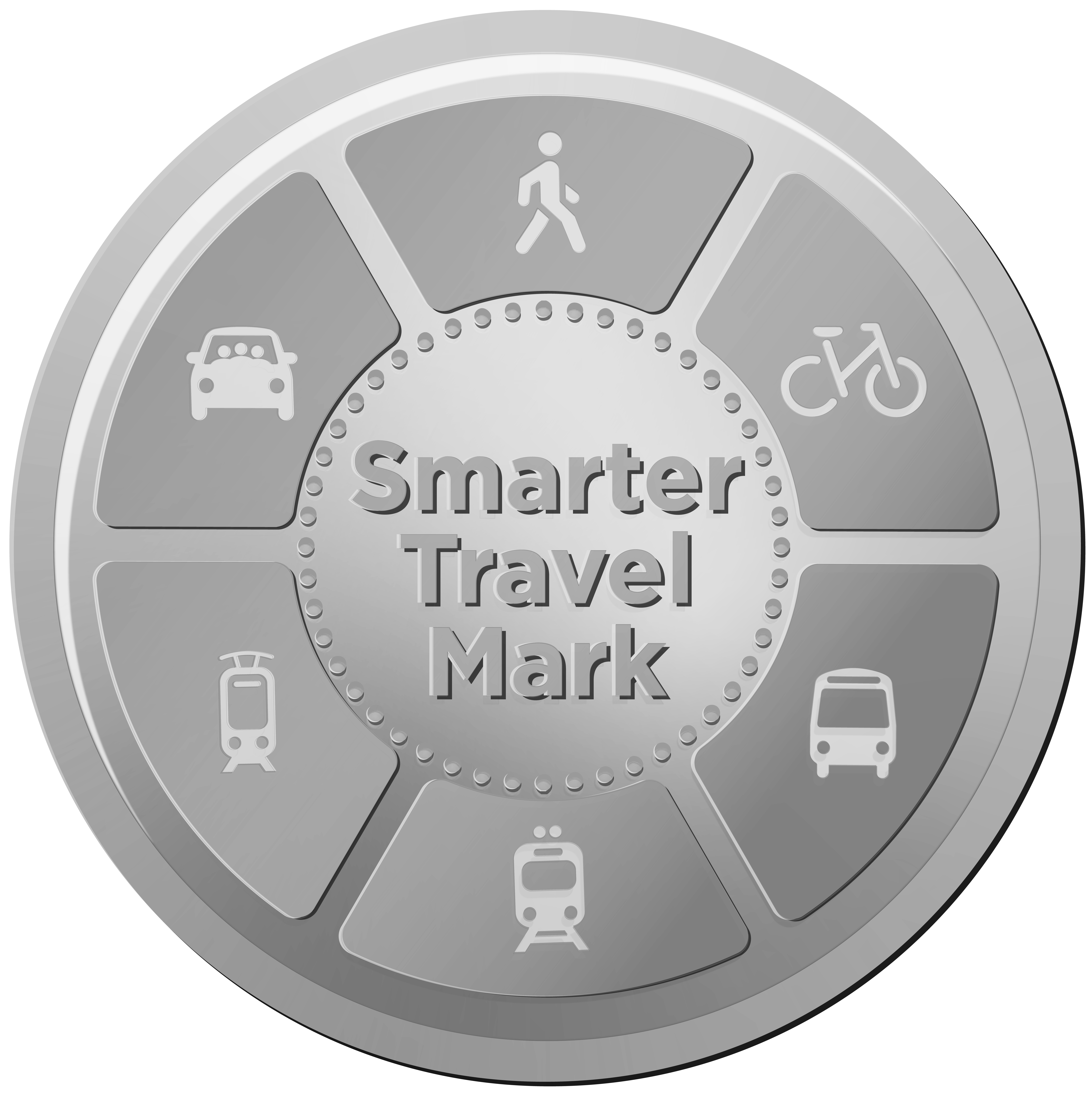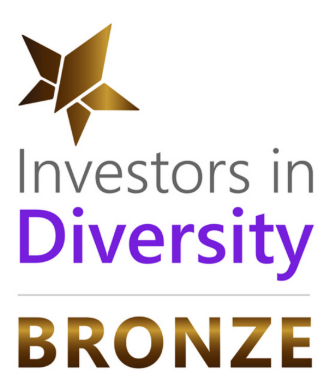60th Meeting of the EQF AG
The European Qualifications Framework Advisory Group (EQF-AG) met virtually on the 28th and 29th of November for the 60th meeting of the group. Órla Barry and Andrina Wafer attended the meeting, representing the work of qualifications frameworks and validation (RPL) respectively. The meeting included the usual updates on national developments, including the timelines for the presentation of referencing reports. A comprehensive note on relevant developments was provided, much of which was covered on the agenda.
European Year of Skills
2023 is the European Year of Skills placing skills in the policy spotlight, giving a boost to the European Pillar of Social Rights Action Plan targets of a 78% employment rate and of 60% of adults participating in upskilling and reskilling each year by 2030. Why a European Year of Skills? Driven by the green and digital transitions, the European economy undergoes a transformation that creates many new opportunities. The green transition is forecasted to create more than 2.5million additional jobs by 20302and artificial intelligence and robotics alone will create almost 60 million new jobs worldwide in the next 5 years.3Equipping the European workforce with the skills needed enables both, companies, and individuals, to benefit from these opportunities. A workforce with the right skills allows the economy to grow sustainably, leads to more innovation and improves companies’ competitiveness. Having relevant skills empower individuals to successfully master labour market transitions and to fully engage in society and democracy.
Levelling of International Qualifications
Recommendation no. 11 of the EQF refers to setting up a voluntary procedure on the levelling of international qualifications through national qualification frameworks or systems and information exchange and consultation between Member States on those procedures to ensure consistency.
A peer learning activity was held in Brussels in October 2022 to discuss a procedure for exchanging information and for notification of the EQF levelling of international qualifications in National Qualification Frameworks.
The voluntary procedure for levelling of international qualifications was proposed to the EQF AG for discussion. It is worth noting that an international qualification is defined as a qualification awarded by a legally established international body or by a national body acting on behalf of an international body, that is used in more than one country and that includes learning outcomes assessed with reference to standards established by an international body.
The EQF AG will consider the procedure again at its next meeting in February 2023.
Draft Guidelines for the Development and Writing of Short Learning Outcomes
The EQF AG and Europass AG previously agreed to set up a working group to develop guidelines for the writing of short learning outcomes-based descriptions of qualifications. Short learning outcomes-based descriptions, it is argued, can directly increase the transparency of qualifications: At national level they can form part of qualifications databases/registers and deepen the information provided by national qualifications frameworks. At European and international level, through Europass and the EQF, they can facilitate overall transparency and comparability of qualifications.
The working group has found a common understanding on a basic structure informing the development and writing of short descriptions. Consisting of 6 elements (length of the description; syntax of the description; overall objective and orientation of the qualification; context in which the qualification operates; breadth of learning required; depth of learning required), this structure provides a reference point for experts and officials responsible for developing and writing short descriptions.
Some further testing of the guidelines is planned for early 2023 with approval expected in June 2023.
EQF Evaluation
The external independent study supporting the evaluation of the 2017 EQF Council Recommendation, launched in May 2022, is on-going. The Inception phase of the study has been completed, during which the study approach and data collection methods were fine-tuned. The data collection for the study is currently on-going.
With regard to the open public consultation, a questionnaire for the broader public and a call for evidence have been prepared and will be published on the Have your say portal beginning of December. The open public consultation will continue for 14 weeks, aiming at gathering opinions on the EQF from the broader public. EQF AG members and NCPs will be encouraged to disseminate information about the open public consultation in their networks. A draft interim report with preliminary findings will be submitted on 21 November and finalised by end of 2022. This report will be complemented with further evidence to present a final version in May 2023.


